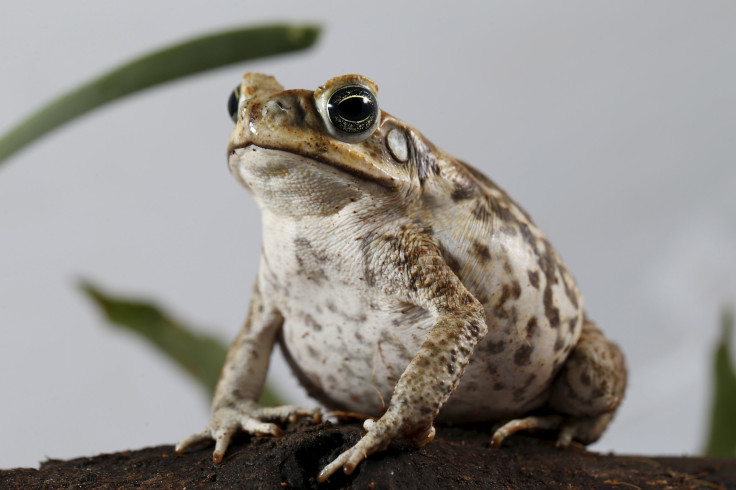Research reveals male frogs with smaller testicles mate on land to avoid competition

Frogs are remarkably diverse when it comes to sex and reproduction. Cornell University frog biologists have revealed in a new study that some frogs hide on land to reduce competition from other males who also want to fertilize those eggs. They have sex on land as they have smaller testes.
Researchers, up to now, had thought that frogs were driven by natural selection, as part of the evolutionary process, to reproduce on land to keep their eggs safe from other aquatic predators. However, the new study published in the journal The American Naturalist, shows that it is more sexual selection than natural selection.
“We thought maybe it's not just natural selection driving the adaptation to reproduce on land, maybe this is actually sexual selection,” Kelly Zamudio, the Goldwin Smith Professor of Ecology and Evolutionary Biology and the paper's corresponding author, said in a statement.
The study revealed that male frogs in species that fertilize eggs on land have smaller testes than the males of species that fertilize eggs deposited in the water. This is because males compete in water to fertilise eggs. Moreover, it’s not only the frogs competing. It’s also their sperm competing. Larger testes produce more sperm and fertilises more eggs.
However, on land, male frogs with smaller testes can beat competition and invite females to lay eggs in hidden chambers. They are not required to produce large quantities of sperm as they are getting the eggs away from males in the water.
The study is important in understanding the evolutionary forces that drive diversity. Moreover, the findings of the study would provide conservationists insights on species and habitats that require protection.
“More specialized reproduction modes, like the ones that are terrestrial, are less frequent, and typically, when species get threatened, because of climate change or habitat disturbance, the species that go first are the ones that are more specialized. They have requirements above and beyond just having a pond,” Zamudio added.
Frogs have up to 40 reproductive modes known to man. More and more are still being discovered.





















